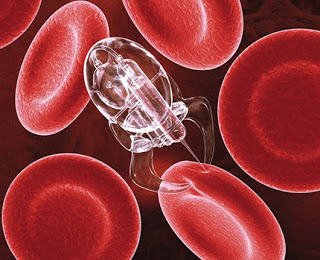Arnaud De Borchgrave
Newsmax
The old saw says if you owe the bank $1 million you’re in trouble, but if you owe $100 million, the bank’s in trouble. The same logic is being applied to the $1 trillion the United States owes China.
The Iraq war and subsequent occupation ran up bills of another $1 trillion and the Afghan war, with no end in sight, is at half-a-trillion dollars and counting.
Together, a government that’s broke and a dysfunctional Congress, whose grand design is to kick the can into another year, shouldn’t be surprised to see the erosion of America’s power to influence events abroad.
Calling it a slide into Third World status, The Economist, still the world’s most prestigious publication, points out, among scores of examples in some 30 states, that Hawaii has gone beyond laying off teachers and is now laying off students; that in Atlanta’s Clayton County suburb the entire bus system is shut down; that Colorado Springs turned off one-third of its 24,000 street lights; that Camden, N.J., is planning to shutter its public library; and that in some cash-strapped locations, local authorities are giving up paved roads and returning to gravel — or to nature.
By demanding more from their political and business leaders — and even from themselves — the people will determine whether America becomes a Third World country or the “more perfect union” the Founding Fathers envisaged, The Economist pontificated.
The transition to the second industrial revolution and a more perfect union will entail radical changes in secondary education where the United States is now treading water in the middle of the global pack. Science, math, and literacy are woefully inadequate to cope with the new hybrid of chemistry, engineering, and physics.
Nano-technology is about to change every aspect of our lives and usher in the next technology-driven industrial revolution. From sources of energy to drugs to healthcare — and above all weapons — this revolution will have a greater impact on society than the first one.
It will be the cornerstone for a new innovative economy. The United States is still in the lead — barely. Germany, Japan, China, and India are moving up fast. Synthetic biology is on the verge of producing cheap, life-saving drugs, as well as innovative biofuels to alleviate the world’s energy problem.
The obstacles are familiar ones — policymakers and Congress with its 200-odd committees and subcommittees for 535 members of Congress. Artificial life in a lab? It’s already here but well out of congressional sight.
RELATED ARTICLE:
White House Gives Go-ahead for Elitist to Control DNA


Be the first to comment on "Nano-technology Will Usher in New Industrial Revolution"